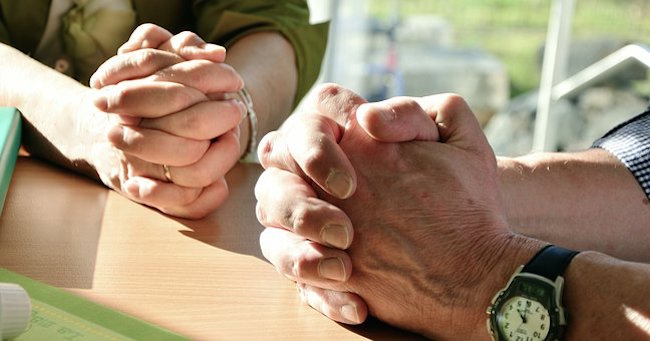Giving Thanks for Our Mutual Dependence by Barry Brownstein for American Institute for Economic Research
r. Michael Osterholm, a member of Joe Biden’s COVID-19 task force, calls for a nationwide 4-6 week lockdown. Another task force member, Dr. Ezekiel Emanuel, has long favored lockdowns. In some states, store shelves have already been emptied again in anticipation of lockdowns.
Yet, there are rays of hope. Dr. Vivek Murthy, a former U.S. surgeon general, is one of the co-chairs Joe Biden named for his Covid-19 task force. Murthy has shown he might understand the human costs of lockdowns.
Before Covid-19, Murthy wrote his book, “Together: The Healing Power of Human Connection in a Sometimes Lonely World.” A theme running throughout Murthy’s book is the “universal need to connect with one another.” In a call to action, Murthy wrote, “We need to more deeply appreciate the relationship between loneliness, social connection, and physical and emotional health.”
Even before Covid-19, a lack of connections was an issue for many. One survey, published in January 2020, found that 61% “report that they sometimes or always feel lonely.”
Murthy correctly points to the unique advantage of human species: “Humans have survived as a species, not because we have physical advantages like size, strength, or speed, but because of our ability to connect in social groups. We exchange ideas. We coordinate goals. We share information and emotions.”
I wonder if Dr. Murthy understands the same mutual dependency he observes in the social world also drives the economic world?
In his book The Rational Optimist, Matt Ridley points to interconnectedness to explain the miracles of modern life:
“The secret of the modern world is its gigantic interconnectedness. Ideas are having sex with other ideas from all over the planet with ever-increasing promiscuity. The telephone had sex with the computer and spawned the internet. The first motor cars looked as though they were ‘sired by the bicycle out of the horse carriage.’ The idea for plastics came from photographic chemistry. The camera pill is an idea that came from a conversation between a gastroenterologist and a guided-missile designer. Almost every technology is a hybrid.”
“Even the relatively simple lifestyle of a hunter-gatherer,” Ridley points out, “cannot exist without a large population exchanging ideas and skills.” Interconnectedness is vital: “The success of human beings depends crucially, but precariously, on numbers and connections. A few hundred people cannot sustain a sophisticated technology: trade is a vital part of the story.”
Almost everything we rely on depends upon mostly invisible webs of relationships around us. If not for the continuous effort of others, most of us would quickly perish.
The Man of the System
This Thanksgiving, there will be many politicians and bureaucrats acting with arrogance and sometimes brutality, giving out their petty orders; orders they themselves violate.
In The Theory of Moral Sentiments, Smith calls such an authoritarian a “man of the system.”
Smith instructs us that the man of the system is full of “conceit” and is so “enamoured with the supposed beauty of his own ideal plan of government, that he cannot suffer the smallest deviation from any part of it.”
The man of the system “seems to imagine that he can arrange the different members of a great society with as much ease as the hand arranges the different pieces upon a chess‐board.” Smith explains why this hubris leads to disorder, not order:




